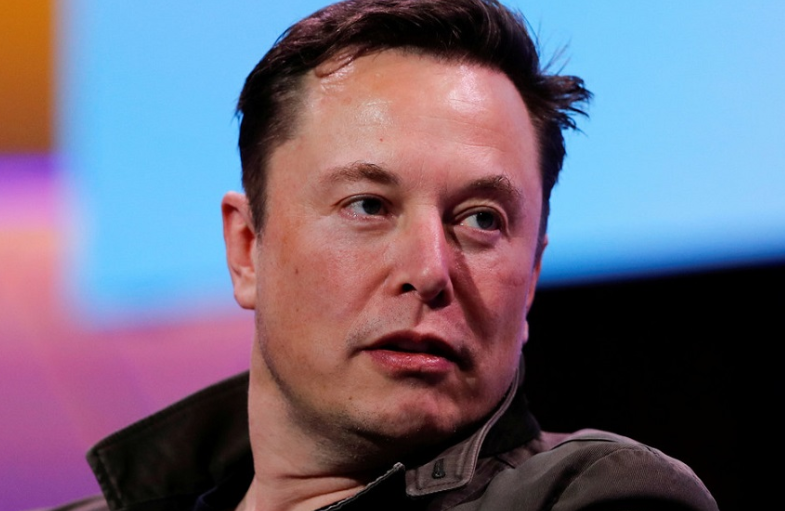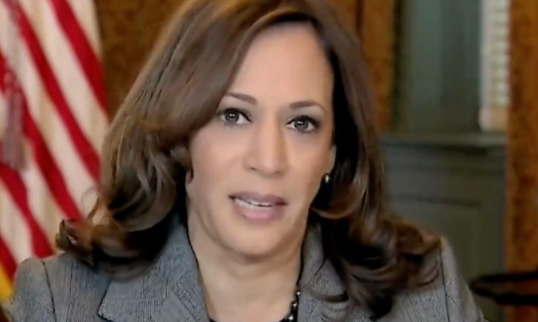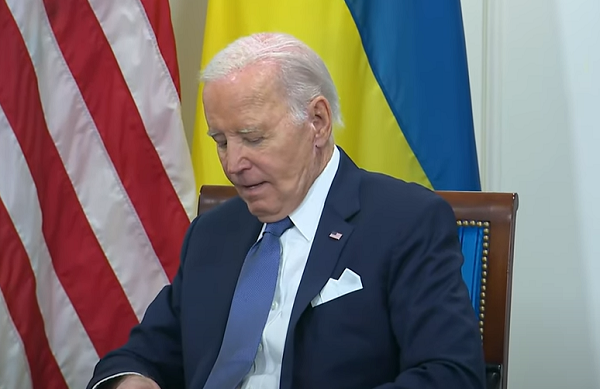Tesla has recently made the decision to lay off a significant number of employees from its electric vehicle charger division, specifically those working on the highly efficient “Superchargers.” This move could potentially impact President Joe Biden’s ambitious EV agenda, as these chargers were expected to play a crucial role in the administration’s plans for a nationwide public EV charging network. The company, which has been a recipient of substantial government subsidies, seems to be shifting its focus away from this particular aspect of its business. This strategic change could have negative implications for the struggling EV industry, especially at such a critical juncture. The Supercharger, known for its fast and reliable charging capabilities, has been highly regarded in comparison to competitors’ products. In fact, other automakers like Ford have recognized the value of Tesla’s Supercharger and have entered into agreements to allow their EVs to utilize Tesla’s charging infrastructure.
Electric Vehicle Makers Whiff On Expectations In Troubling Sign For Industry https://t.co/TK1h0nqc4J
— Daily Caller (@DailyCaller) April 2, 2024
“There’s no buttons to push, there’s no screens, there’s no credit card swiper all of that is done through processing through software inside of your car,” Matt Teske, CEO of Chargeway, an EV-charging software platform, told the DCNF regarding Tesla’s Supercharger network. “And so they just really made the transition from driving a gas car to driving an electric car very simple for anyone to use and operate.”
Teske stated that other charging networks and auto manufacturers now have an opportunity to expand their presence in the market, thanks to Tesla’s innovations and the Supercharger “gold standard.” Despite the potential impact of the layoffs on the EV market, the existence of these growth opportunities and other charging networks will not affect the distribution of funds by the Biden administration to establish a national network.
According to E&E News, Tesla’s Supercharger has become the fastest-growing charging network in the U.S., with 6,200 charging plazas nationwide, surpassing its competitors in terms of quantity and superior engineering. The Department of Energy (DOE) reveals that the Biden administration is investing billions of dollars to subsidize the development of a national EV charging infrastructure. However, progress has been limited, with only a few charging stations built using these funds since the enactment of the bipartisan infrastructure package in 2021. Currently, the charging infrastructure is primarily concentrated in densely-populated coastal regions of the country.
Consumer concerns regarding charger availability and reliability persist, emphasizing the importance of expanding the national network. This expansion is crucial for the American auto industry to comply with the Environmental Protection Agency’s (EPA) recently-finalized tailpipe emissions regulations, which are seen by some as an implicit “EV mandate” in the coming decade or so.
REPORTER: "The first quarter of this year, Ford lost $700 million on their EV program…Is that what we can expect from Bidenomics?"
DEPUTY PRESS SECRETARY: "Bidenomics is having a tremendous impact." pic.twitter.com/eLUBKkg9XM
— Daily Caller (@DailyCaller) June 27, 2023







